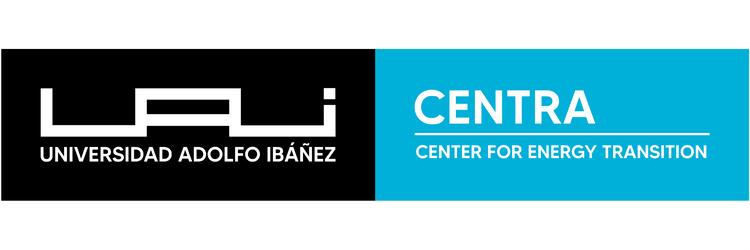CONFLICT BETWEEN INSTITUTIONS IN THE ELECTRICAL SECTOR
August 11, 2025
Mr. Director:
I view with great concern the growing conflict between institutions in the electricity sector and the lack of leadership to adequately resolve it. This increases investment risk and hinders the safe and efficient operation of the system, increasing energy costs and affecting the speed of the transition to carbon neutrality.
In 2017, the National Electricity Coordinator (CEN) was created. This is an autonomous, technical, and independent body charged with coordinating the operation of the national electricity system, independent of corporate interests and political influence. It is financed by a “public service charge” included in electricity bills, not with fiscal resources, and its cost is in line with other international operators.
A recent example of this conflict is the controversy over the procurement of liability insurance at the CEN. Beyond evaluating the performance of the Board of Directors, it is worth remembering that its members are employees of the Coordinator, unlike a company director, and the law requires the body to provide legal defense. Having policies to cover these costs is, therefore, part of due diligence. This controversy has diverted focus from the technical analysis of the causes of the February 25th blackout, which is essential for reaching a consensus on a diagnosis, learning from experience, and defining actions to strengthen resilience, reduce the likelihood of recurrence, and improve the response to similar events.
Beyond this case, an institutional strengthening agenda is urgently needed in the energy sector. It is a priority to deepen the independence of the National Energy Commission (CNE) and the Superintendency of Electricity and Fuels (SEC) from political authority and the electoral cycle. A robust regulatory framework, with clear processes based on technical evidence, effective countervailing mechanisms, and highly qualified personnel, is key to strengthening confidence in our institutions, reducing risks that affect investment and growth, promoting affordable and competitive energy, and regaining Chile’s leadership in the energy transition.
Claudio Seebach
Dean of the Faculty of Engineering and Sciences and member of the Energy Transition Center, Adolfo Ibáñez University

